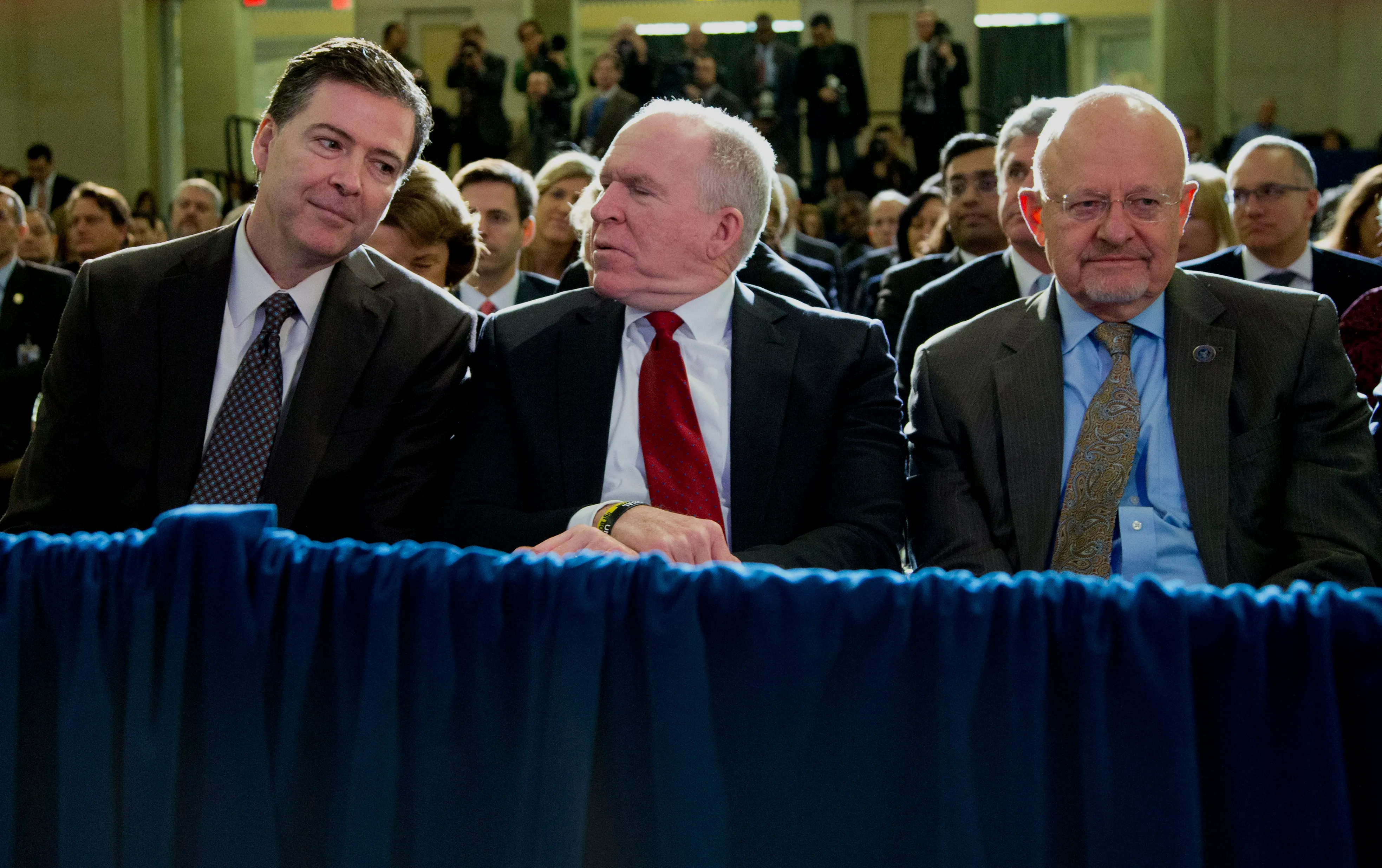The U.S. House of Representatives on Wednesday set a new record for the longest vote in congressional history, following a two-day standoff among Republicans over a package of cryptocurrency bills and a major defense spending measure.
The procedural vote lasted nearly nine hours before GOP leaders reached a late-night deal with conservative holdouts, clearing the way for additional legislative action.
🚨BREAKING: The House has passed a bill to prevent the creation of a Central Bank Digital Currency (CBDC)
219-210. pic.twitter.com/SXhcLH2X6P
— Benny Johnson (@bennyjohnson) July 17, 2025
Trump’s Sovereign Wealth Fund: What Could It Mean For Your Money?
The vote, which began shortly before 1 p.m., centered on a procedural hurdle known as a “rule vote.”
That vote was required to begin formal debate on several pending pieces of legislation, including three cryptocurrency-related bills and a Department of Defense appropriations bill.
This Could Be the Most Important Video Gun Owners Watch All Year
However, Republican leadership initially faced opposition from within their own conference.
At one point, at least 10 GOP members voted against the measure—well beyond the three-vote margin that House Republicans can afford to lose.
The opposition was tied primarily to concerns over one of the cryptocurrency bills, the Anti-CBDC Surveillance State Act, a Republican-led measure aimed at preventing the federal government from developing a central bank digital currency (CBDC).
Today, the House passed the Anti-CBDC Surveillance State Act to prevent the creation of a government-run digital dollar.
House Republicans are committed to stopping unelected bureaucrats from undermining Americans’ privacy through a central bank digital currency.
Thank you to… pic.twitter.com/JTBKtMixDs
— House Republicans (@HouseGOP) July 17, 2025
Privacy advocates within the GOP expressed concern that moving forward with the other bills—without securing passage of the anti-CBDC measure—could pave the way for government intrusion into personal financial transactions.
The three crypto-related bills initially slated for debate were:
- The Guiding and Establishing National Innovation for U.S. Stablecoins (GENIUS) Act, which would establish a regulatory framework for stablecoins and has already cleared the Senate;
- The Digital Asset Market Clarity (CLARITY) Act, which seeks to create federal oversight for digital asset markets and has bipartisan support;
- The Anti-CBDC Surveillance State Act, which would bar the federal government from issuing a CBDC.
Conservative lawmakers sought assurances that the Anti-CBDC Act would not be sidelined in the legislative process.
The deadlock lasted for most of the day, until a deal was struck late Wednesday night.
Under the agreement, the Anti-CBDC measure will now be attached to the National Defense Authorization Act (NDAA), an annual must-pass bill that sets military policy.
The NDAA is distinct from the defense appropriations bill, which provides the actual funding and is also scheduled for a vote.
Following the deal, the rule vote passed around 11 p.m., ending the nearly nine-hour process.
“House Freedom Caucus Members reached an agreement tonight to advance the President’s cryptocurrency agenda and, as part of this agreement, the National Defense Authorization Act (NDAA) will include strong anti–Central Bank Digital Currency (CBDC) protections in this must-pass legislation,” said Rep. Andy Harris (R-MD), chairman of the House Freedom Caucus.
“This is a significant win for the American people as a government-controlled digital currency poses a direct threat to financial privacy and economic freedom,” Harris added.
House Majority Whip Tom Emmer (R-MN) confirmed the development, stating, “Attaching our Anti-CBDC Surveillance State Act to the NDAA will ensure unelected bureaucrats are NEVER allowed to trade Americans’ financial privacy for a CCP-style surveillance tool.”
The House may vote on the GENIUS and CLARITY Acts as early as Thursday, with the possibility that one will be held over to next week.
Meanwhile, the delayed rule vote has placed additional strain on the House calendar.
Congress is working under tight deadlines, including the fiscal year 2026 budget deadline on September 30.
The defense appropriations bill, if passed this week, will mark just the second of twelve annual appropriations bills House GOP leaders aim to pass in the coming months.
In addition, House Republicans must now act on a revised $9 billion package of spending cuts passed by the Senate early Thursday morning.
The package largely preserves President Donald Trump’s original $9.4 billion in proposed cuts, targeting entities such as the U.S. Agency for International Development, PBS, and NPR.
However, Senate Republicans amended the package to remove a provision blocking funding for an HIV/AIDS prevention program in Africa.
To avoid expiration of the funding measure, the House must approve the revised version by the end of the day Friday.
Read the full article here


![Central Bank Digital Currency Suffers a Major Blow After Record-Long House Vote [WATCH] Central Bank Digital Currency Suffers a Major Blow After Record-Long House Vote [WATCH]](https://www.lifezette.com/wp-content/uploads/2025/07/2025.07.17-10.04-lifezette-687973699e813.jpg)




![FBI Busts Texas Scheme to Invade Haitian Island and Build Sex-Slave Colony [WATCH] FBI Busts Texas Scheme to Invade Haitian Island and Build Sex-Slave Colony [WATCH]](https://www.lifezette.com/wp-content/uploads/2025/11/2025.11.22-07.47-lifezette-69221358bde76.jpg)

![Ex-CIA Officer Says Dem Sen. Slotkin Ran ‘Propaganda Op’ Aimed at FBI and Military [WATCH] Ex-CIA Officer Says Dem Sen. Slotkin Ran ‘Propaganda Op’ Aimed at FBI and Military [WATCH]](https://www.rvmnews.com/wp-content/uploads/2025/03/2025.03.19-07.18-rvmnews-67db187de1e41.jpg)

![‘The CIA is Still Undermining Trump in a Big Way’: General Mike Flynn [WATCH] ‘The CIA is Still Undermining Trump in a Big Way’: General Mike Flynn [WATCH]](https://www.lifezette.com/wp-content/uploads/2025/09/2025.09.27-05.26-lifezette-68d81e298aa23.jpg)
